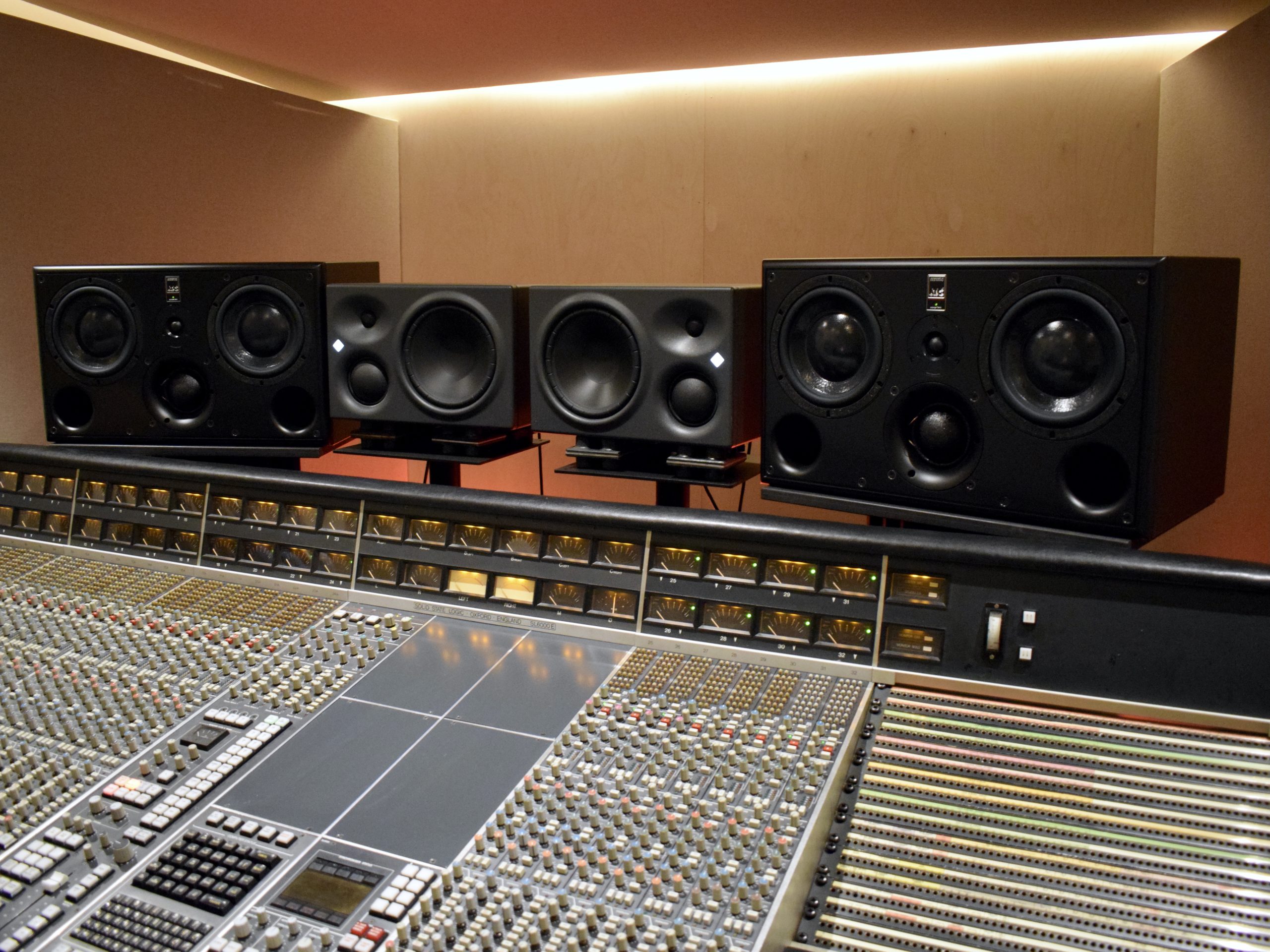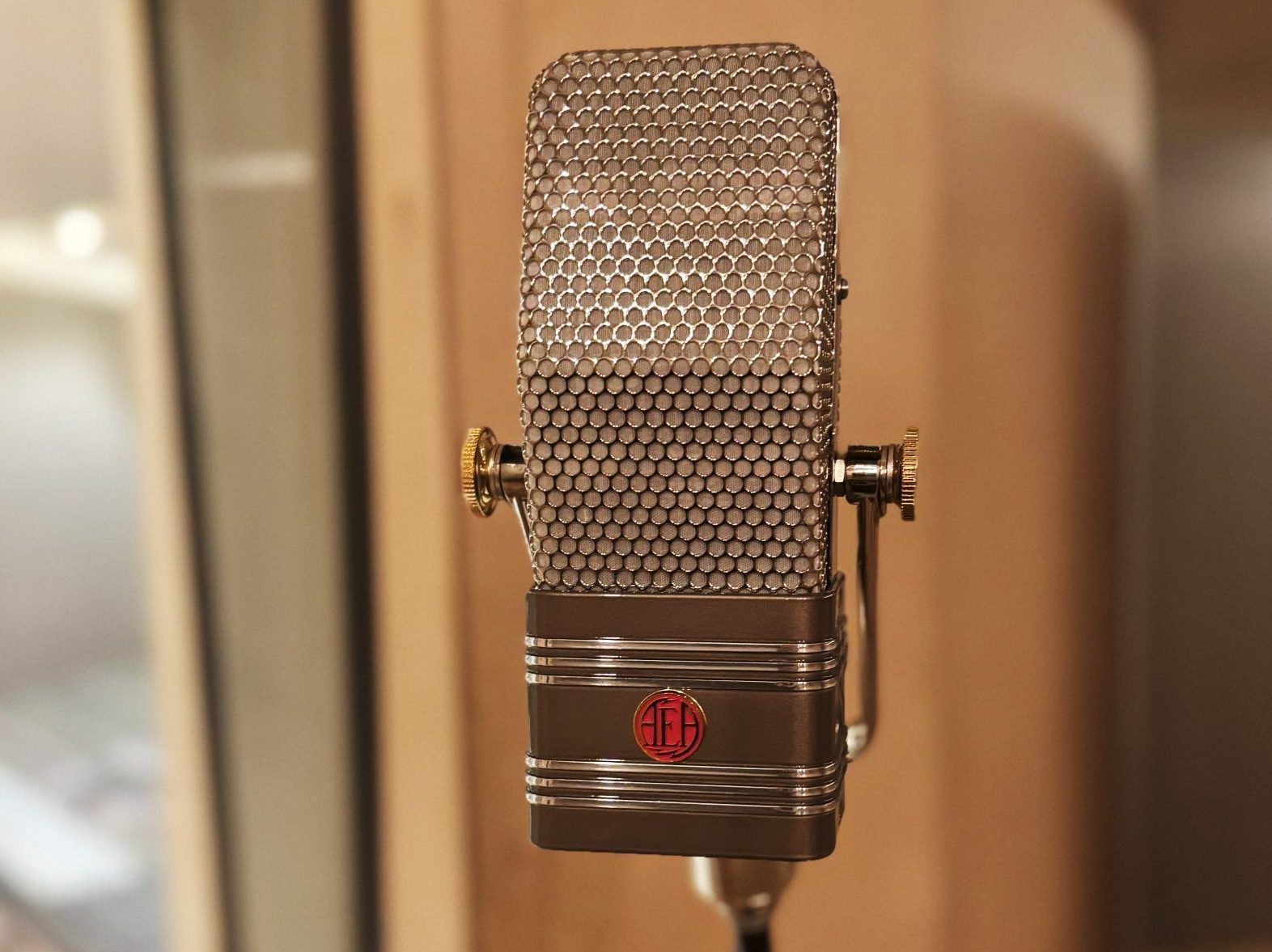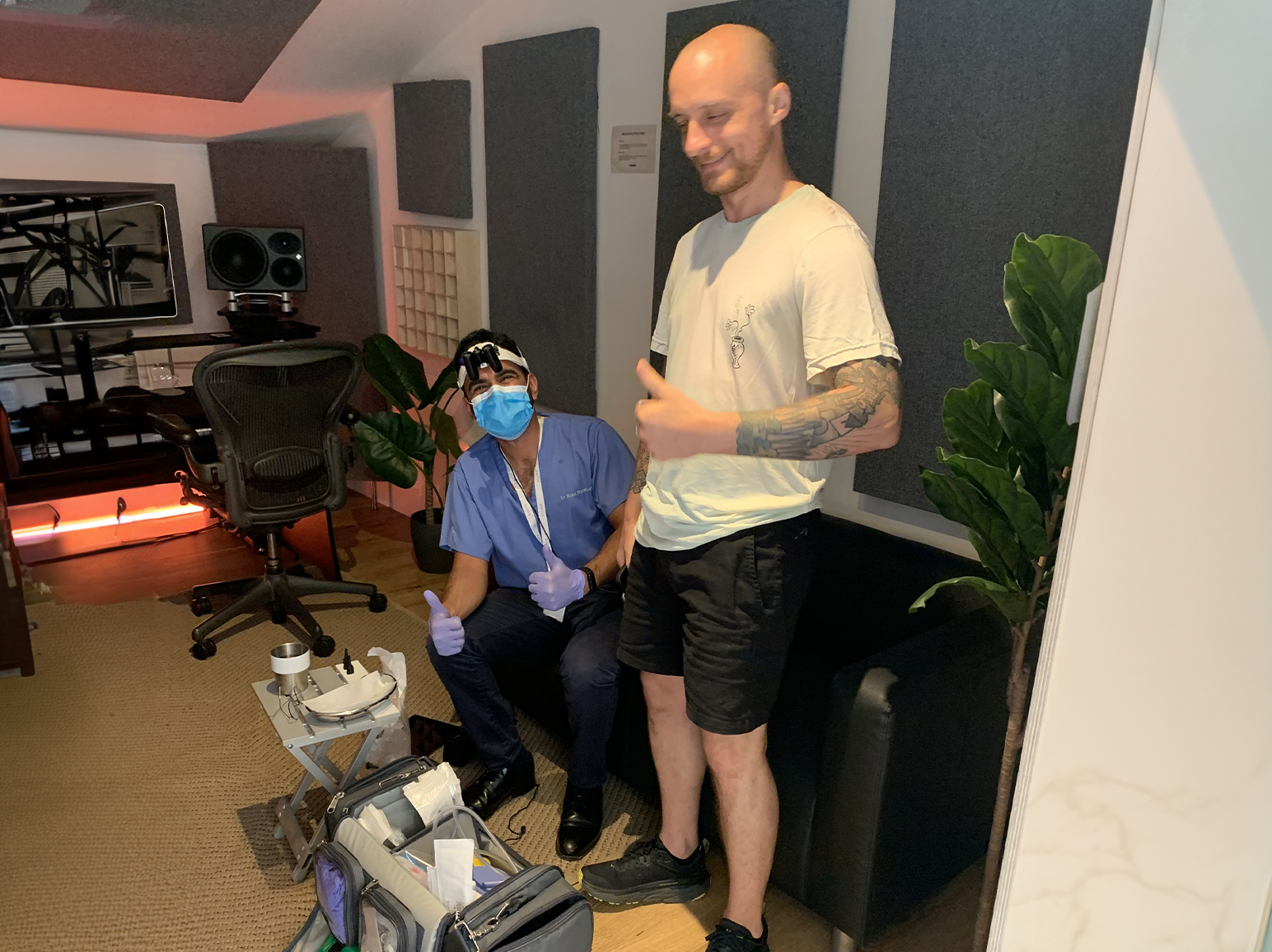
What is the Difference between Stereo vs Stem Mastering?
Stereo and stem mastering are two different approaches to audio mastering that produce different results. Stereo mastering involves processing the final stereo mix of a song or album, while stem mastering involves processing individual groups of tracks or stems that make up the final mix. Understanding the differences between these two approaches can help musicians and producers make informed decisions about which method is best for their music.
Stereo mastering is the most common approach to mastering and involves processing a single stereo mixdown of the song or album. The mastering engineer uses various processing tools, such as EQ, compression, and limiting, to achieve a balanced and polished sound. The goal of stereo mastering is to make the final mix sound as good as possible across all listening devices, such as headphones, speakers, and car stereos.
Stem mastering, on the other hand, involves processing individual groups of tracks or stems that make up the final mix. These stems may include drums, bass, guitars, vocals, and other instruments. Each stem is processed separately, allowing the mastering engineer to make more detailed adjustments to the sound. The final mix is then assembled from the processed stems.
Stem mastering offers more flexibility and control over the sound of the final mix. It allows the mastering engineer to make more targeted adjustments to individual elements of the mix, such as boosting the bass in the drums or adding more clarity to the vocals. Stem mastering can also help fix issues that may be present in the stereo mix, such as an overly boomy bass or harsh highs.
However, stem mastering can also be more time-consuming and expensive than stereo mastering, as it requires more processing and attention to detail. It also requires the producer or musician to provide the individual stems, which may not always be possible, particularly if the original recording was done in a home studio with limited equipment.
In conclusion, both stereo and stem mastering are effective approaches to achieving a high-quality sound for recorded music. While stereo mastering is more common and generally less expensive, stem mastering offers more control and flexibility over the sound of the final mix. Ultimately, the choice between stereo and stem mastering will depend on the goals, budget, and resources of the musician or producer.
At Ten87 Studios we offer long term studio hire and day hire music studios. Each recording studio is acoustically treated and sound proofed to optimise any type of audio recording and music production. We are home to a large community of musicians, producers, engineers and audio professionals working in the music industry. Our main day hire studio is a world class tracking facility equipped with the best in recording studio gear, instruments, outboard and backline. We’re based in Seven Sisters, Tottenham with easy transport links to the city centre – ideal for anyone looking for a London recording studio.




